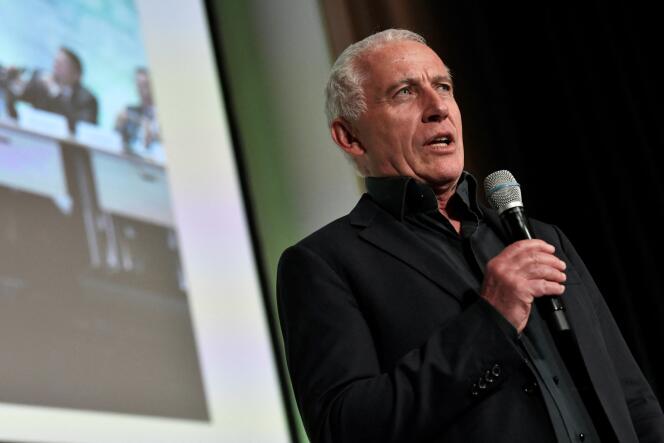

2024 European elections: A possible 'rural' campaign could shift lines of French right and far right

It doesn't have a face, it doesn't have a party, but it could well have a slate of candidates for the European elections. Defenders of "rurality" are organizing to make its presence felt at the ballot box on June 9, 2024. At its helm is the lobbyist Thierry Coste, 68, a political adviser to the National Hunters' Federation (FNC). The effort has the discreet backing of President Emmanuel Macron, in the hope it would take votes away from the far-right Rassemblement National (RN). "The president is aware of everything. He trusts me," said the lobbyist.
A former dairy farmer, Coste now charges dearly for his advice. He made a name for himself in 2018 as the "ouster" of former environment minister Nicolas Hulot, having successfully pushed for him to leave government. "I have heads of game animals on my hunting trophy display. He's got a minister's head," quipped Coste's friend Pierre Charon, a hunter and former senator for Les Républicains (LR, right-wing).
Ever since this shrewd strategist made it known in the press that he might put together a list for the European elections, a certain amount of concern has gripped the leadership of the right and far-right. Eric Ciotti (LR), Jordan Bardella (RN), and Marion Maréchal (Reconquête!, far-right) have all contacted him. "They're calling me, they're hounding me!" he said, relishing it.
Coste's strategy is clear, said the political analyst Jérôme Fourquet, an enthusiast of rural France who has known Coste for many years: "He wants to repeat the CPNT coup, and expand it," he said, referring to the rural political party Chasse, Pêche, Nature et Traditions ("Hunting, Fishing, Nature and Traditions"). In the 1999 European elections, the CPNT obtained 6.77% of the vote and six seats in the European Parliament. The party then garnered 4.23% in the first round of the 2002 presidential elections for its candidate Jean Saint-Josse, that is, 1.2 million votes. It was a "coup" without a future, but one behind which the unavoidable Coste already loomed large.
Two decades later, still influential in the hunting world ("I've been pulling the strings for 30 years," he claims), Coste would like to repeat that feat. "But my list will be one that defends the values of rural life, not just hunting and traditions," he explained, sitting in a chic Parisian brasserie frequented by politicians, which he has made his headquarters.
According to the national statistics bureau INSEE, 24% of the French population lives in the countryside, defined as living in towns with fewer than 2,000 inhabitants. "The rural world exists and carries weight," asserted Fourquet, who wrote L'Archipel français: Naissance d'une nation multiple et divisée ("The French Archipelago: Birth of a Multiplied and Divided Nation"). "But the rural vote includes a diversity of electoral behaviors, with a rightward inclination and an over-represented RN vote in recent years."
You have 60% of this article left to read. The rest is for subscribers only.
